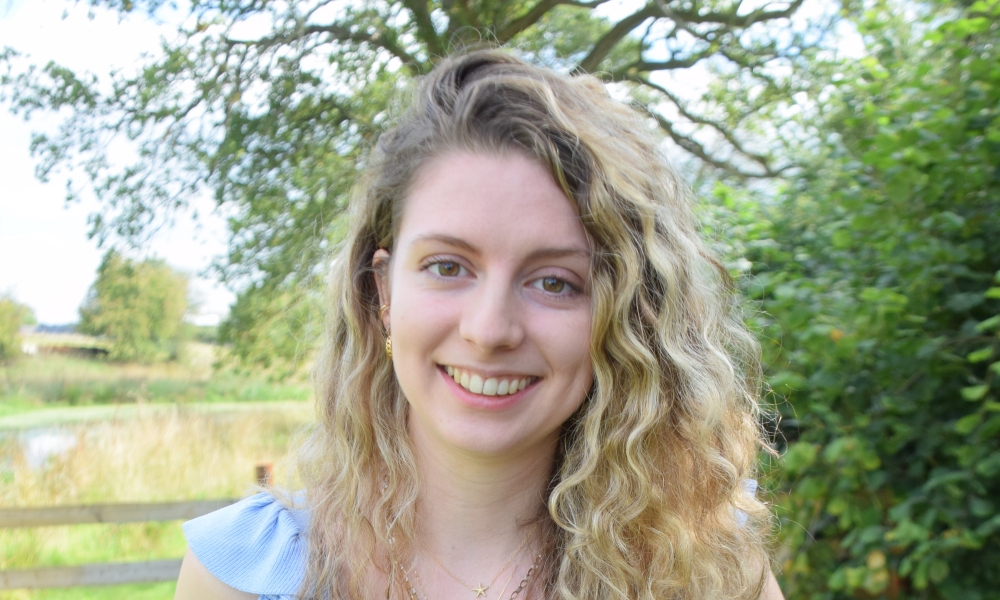Researcher Spotlight – Hannah Nicholas
Associated Sprints
Recent News
- Agile at the BES Symposium
- Youth-Led Research and Policy
- Greenhouse gas uncertainties: expanding the impact of research

Hannah is a Research Assistant and Coordinator for a 12-month Sprint that started in April 2022, investigating how we account for Biodiversity.
I have a multidisciplinary background, having studied Sociology at the University of Liverpool, before completing a Master’s degree in Biodiversity, Conservation and Management at the University of Oxford. After graduating, I joined the UN Environment Programme World Conservation Monitoring Centre as an Associate Programme Officer, working in the Nature Economy team to improve biodiversity management in the private sector.
I have two roles in the Sprint, a Research Assistant and Coordinator, this means my role is very varied. I assist in the project management and coordination of the interdisciplinary team, including managing stakeholder engagements and delivery of Sprint outputs. I am also involved in the integration work package, researching a local level case study to demonstrate how HM Treasury Green Book guidance on biodiversity may be operationalised.
It has been great working on a project that has direct policy relevance and supports evidence-based decision making. To have constant engagement with key stakeholders from the outset, allowing them to help shape the research to ensure it is useful to them, has been hugely valuable. Working on AGILE Sprint 1 has provided me with a deeper understanding of BNG (and broader environmental) policy, as well as invaluable insight into a broad range of scientific research, from ecology, to social science, to economics. I have had the opportunity to talk to so many interesting and influential people ranging across academia, policy, industry, NGOs, and civil society.
To have constant engagement with key stakeholders from the outset, allowing them to help shape the research to ensure it is useful to them, has been hugely valuable
It was amazing to see people sharing perspectives across disciplines. I am very grateful for the opportunity to work with such a range of brilliant people from different research backgrounds and career stages, and I have learnt so much from my fellow Sprint 1 team members. There were sometimes challenges in integrating the different strands of research (i.e. making it truly interdisciplinary, rather than just a collection of disciplines sitting alongside one another). My advice to future sprints would therefore be to think about the integration and interdisciplinarity from the very first stages of research design.
My advice to future sprints would therefore be to think about the integration and interdisciplinarity from the very first stages of research design.
The rapid pace of the Sprint meant we had to be consistently aware of and focused on our overarching goals. Our team was bursting with fantastic ideas and potential new research angles, but we had to set clear boundaries on what was and wasn’t feasible within the timeframe. This was challenging at times, but ultimately enabled us to achieve a huge amount in a very short time, and generate research that will hopefully have a tangible impact on policy.



